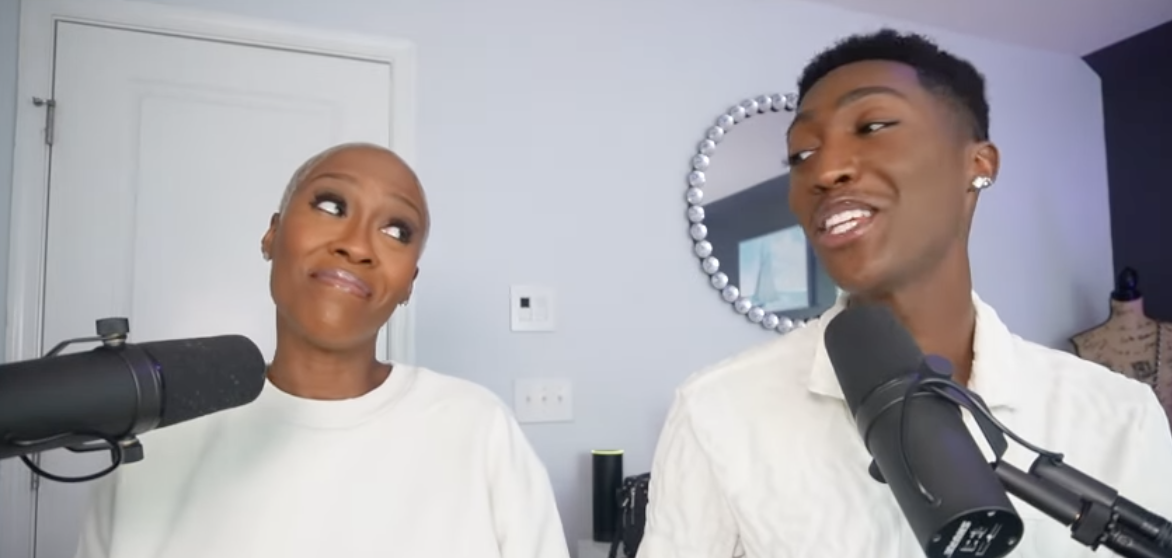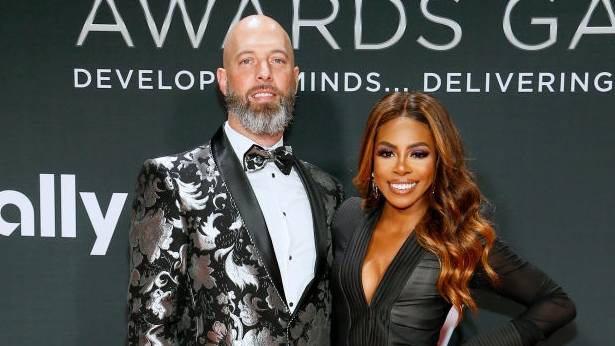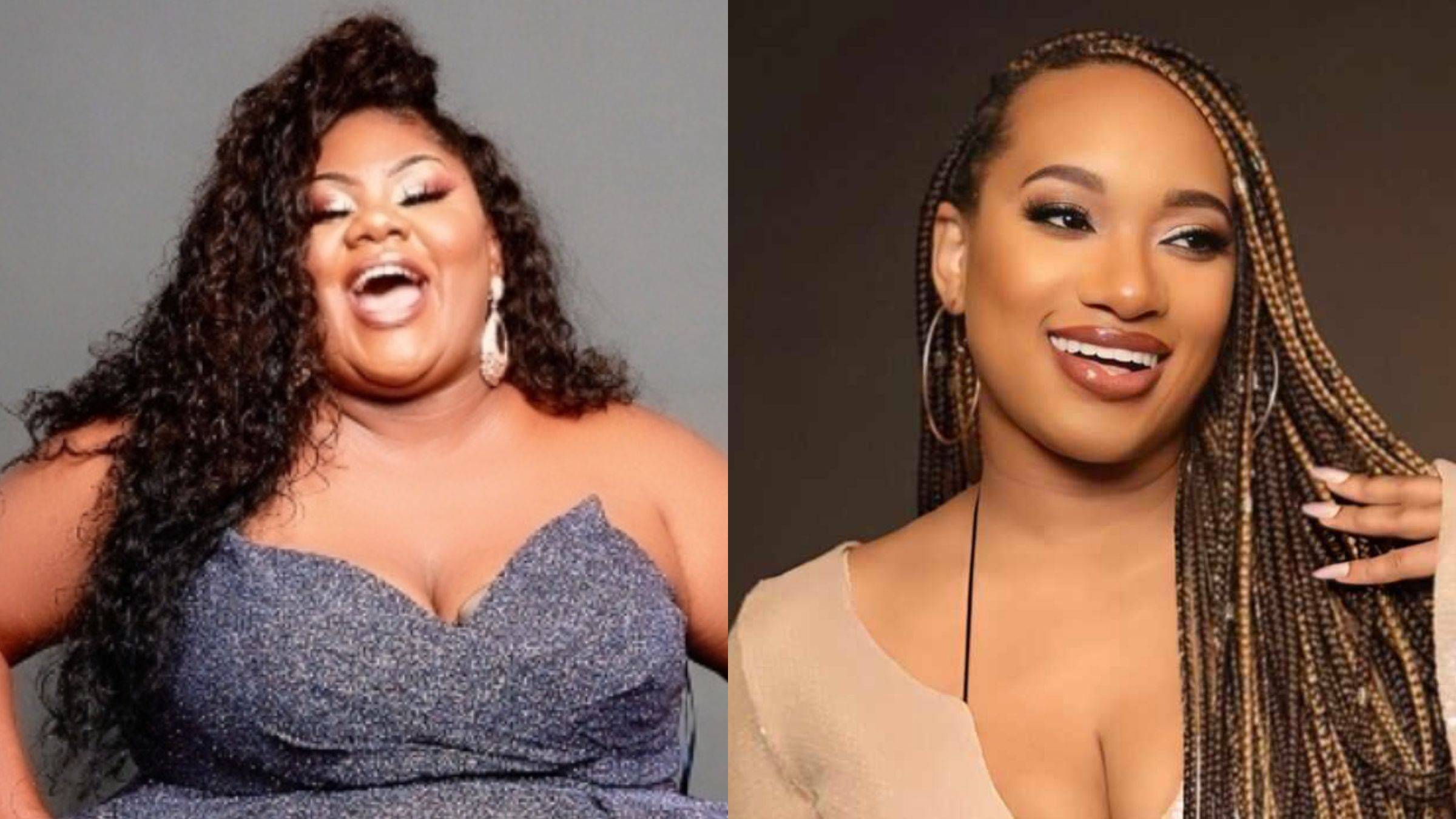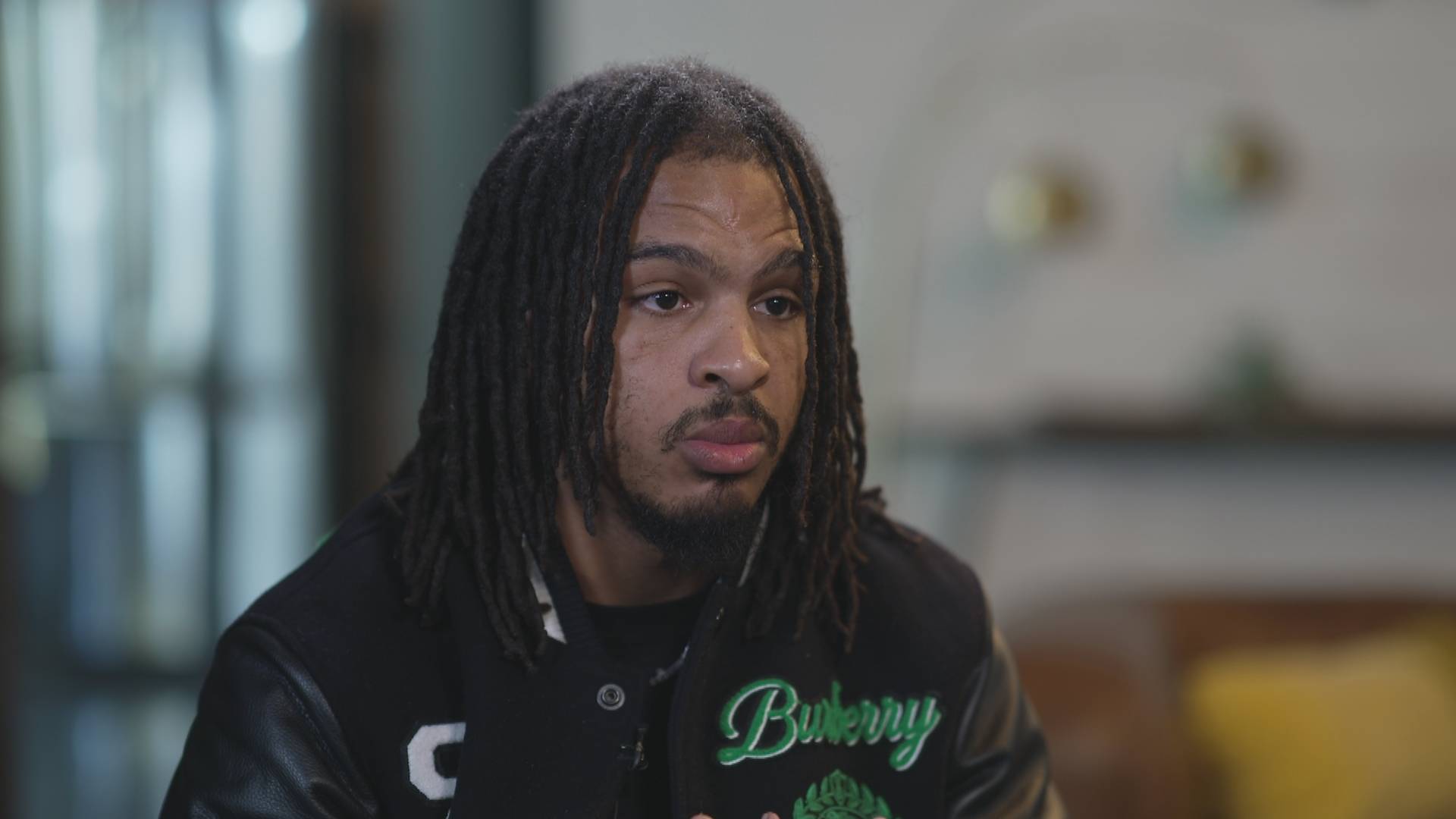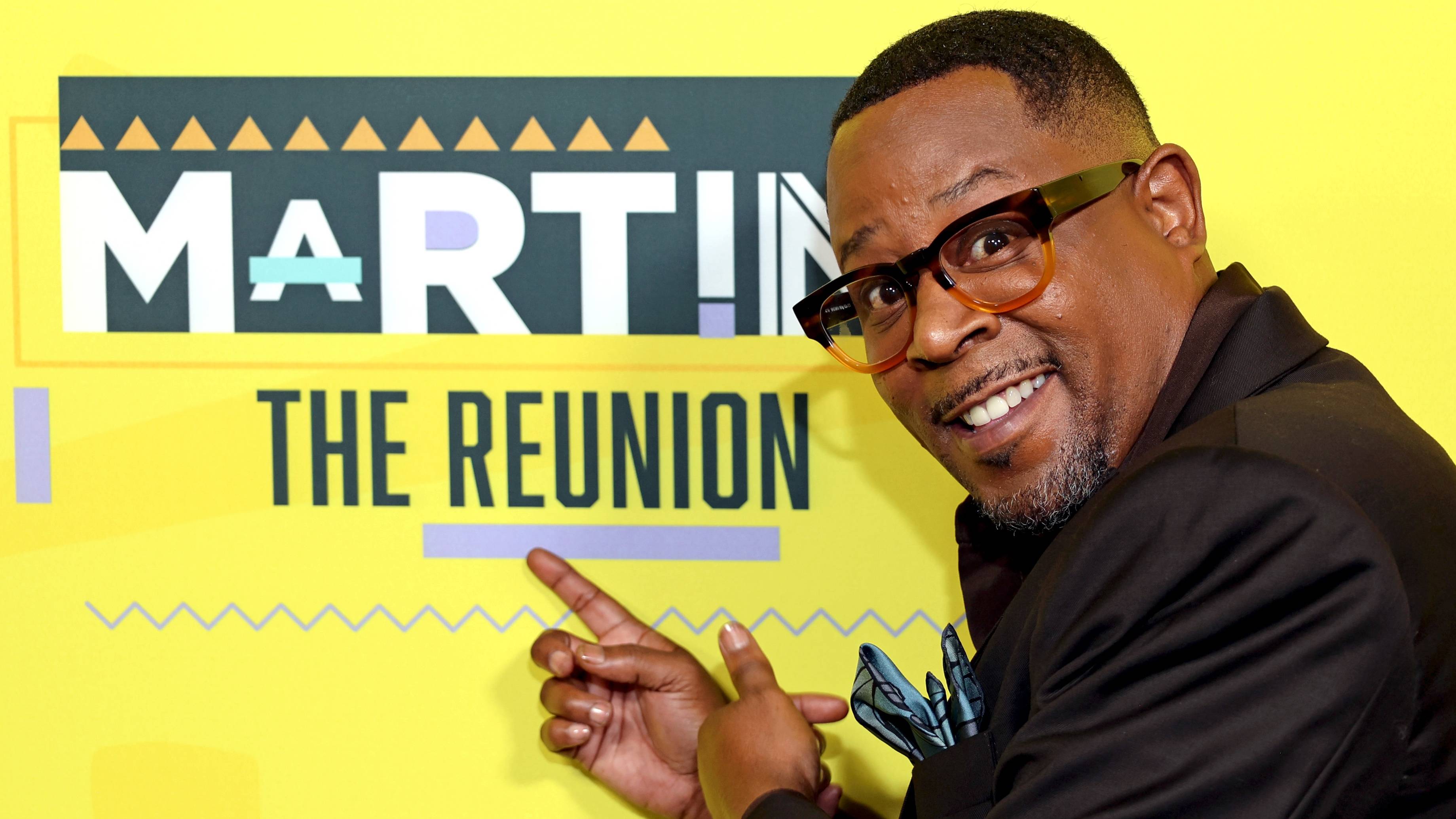Filmmaker Julian Marshall Documents Intensity Of NYC Protests

It’s hard to believe that just a month ago today, the nation watched in horror as a video went viral of George Floyd taking his last breaths when then Officer Derek Chauvin kneeled on his neck for 8 minutes and 46 seconds. Just about every state and several international communities have responded in ways that have shaken us at our very core.
While protests erupted from coast to coast, seasoned New York City filmmaker Julian Marshall, was devising a plan to capture the events unfolding in one of the epicenters of the daily Black Lives Matter movements and nightly blazing riots. The result is his five and a half minute film, We Are George Floyd.
Marshall says that the first few nights of protests were ones that he will never forget as neighbors banded together during the day only to see their communities engulfed in flames and chaos by rioters during the night. Documenting the public outcry in this way ended up being somewhat cathartic.
“This film is for anyone who felt outraged by what happened to George Floyd,” Marshall told BET.com “It’s foranyone who didn’t have an outlet for their outrage. Largely the riots are a result of people who are not being heard, feeling like they are left with no other option but to cry out.”
Awakened by the voices of Cornel West and Killer Mike as they spoke about the protests and riots, Marshall crafted a short film, We Are George Floyd, as his call to action to vote in the 2020 presidential election amid issues such as police brutality, white vigilante violence, and the senseless killings of Black people in America.
“In order to solve this we’ve got to go out and vote at every level,” said Marshall. “We need to do this, not only to get rid of Donald Trump, but to also kick out a whole bunch of congressmen and restore balance to our judicial system.”
BET.com sat down with Marshall to find out more about his short film, We Are George Floyd.
BET: How did you feel when you first saw the video of Derek Chauvin’s knee on George Floyd’s neck?
Julian Marshall: I mean, it was disgusting. The tough thing about it, obviously, is just how long it went on. After I saw his death, I spoke to one of the police officers who had worked on one of my sets before to get his opinion and to learn about police protocol and training. And you know, there is no protocol for putting your knee on someone's neck. It’s not something that exists within police training based on what I learned. The sad part is that for every slaying that gets caught on video, there are a ton that go undocumented. We are so lucky that we are living in a time when everyone has a camera readily available to catch these injustices.
BET: What encounters have you personally had with the police?
Julian Marshall: I grew up in skateboarding in Washington, D.C. which has so many different police forces that take on so many different tasks. It meant that there were a few forces that were left to their own devices and this incentivized unethical and abusive behavior.
Specifically, there was a force of cops who were tasked with hassling skateboarders on a daily basis and this, very quickly descended into consistent police brutality. I've had a knee in my back before. I've been tackled countless times. This was consistently motivated by racial profiling. One caveat is that D.C. does have some really good, strong police forces who actually are responsible for keeping people safe. Nonetheless, there are a few that continually abuse their power
BET: What motivated you to take to the streets and document these protests?
Julian Marshall: I started to tune into the NYC protests on Friday, May 29th. Throughout my life, protesting has always been very important to me, however, I was deeply conflicted after spending months in lockdown in fear of the coronavirus. I couldn't sleep at all on Friday night because of this inner conflict.
[Then] Saturday morning, I woke up and I watched Cornel West on CNN and Killer Mike’s Atlanta press conference. They were just so strong in their rhetoric. In that moment, I decided that I had to do something about it. And I knew exactly what was the story that I needed to tell.
Having been stuck inside for months, people were clearly on edge. With George Floyd's death, and the resulting outrage, I was afraid that we were going to tear each other apart. I knew that I had to suck it up, get out there, and make a film to help.
BET: Is there one thing that the media isn’t showing about these protests, whether it be good or bad?
Julian Marshall: I mean, specifically, there was a moment when guys on dirtbikes were weaving in and out of oncoming traffic on Sixth Avenue, fleeing from the police. It was as if it was straight out of a movie. I’ve never seen anything like it in New York City.
BET: How would the We Are Floyd filmmaking experience have been different if you had chosen to film in another city other than NYC?
Julian Marshall: What really enabled me to tell the story I wanted to tell was that the riots were happening right here in my neighborhood. There’s no telling what type of access I would have had in Los Angeles or Minneapolis. But no matter where I was for these events, I would have still ended up going out and making something.
BET: How did you decide to open with Cornel West’s voice for the daytime scenes and end with Killer Mike for the evening scenes?
Julian Marshall: The structure of the film is "problems" and then "solutions." For the "problems" portion with Cornel West's excerpt, I tried to illustrate the systematic problems, economically and culturally, that led to the protests and riots. It was clear that this needed to be juxtaposed with the dramatic night-time rioting footage that I shot.
On the "solutions" portion, I was struck by Killer Mike's message: "Don't burn your own house down." I wanted to motivate people to do something productive with their outrage and to make sure that we don't allow Donald Trump and Republicans to dehumanize us because of the riots. The riots make it very easy for them to call us thugs and animals, which empowers their base.
We need New York City operating in full capacity in order to ultimately to solve the problem that we are protesting against.
Watch We Are George Floyd below:
Julian Marshall is a film and commercial director who has developing feature films and directed commercials for a wide variety of clients including Google, Under Armour, Amazon, Verizon, BET, and others. You can follow him on Instagram @JulianMarshall or find out more about his work at JulianMarshall.tv.
This interview has been condensed for clarity.

